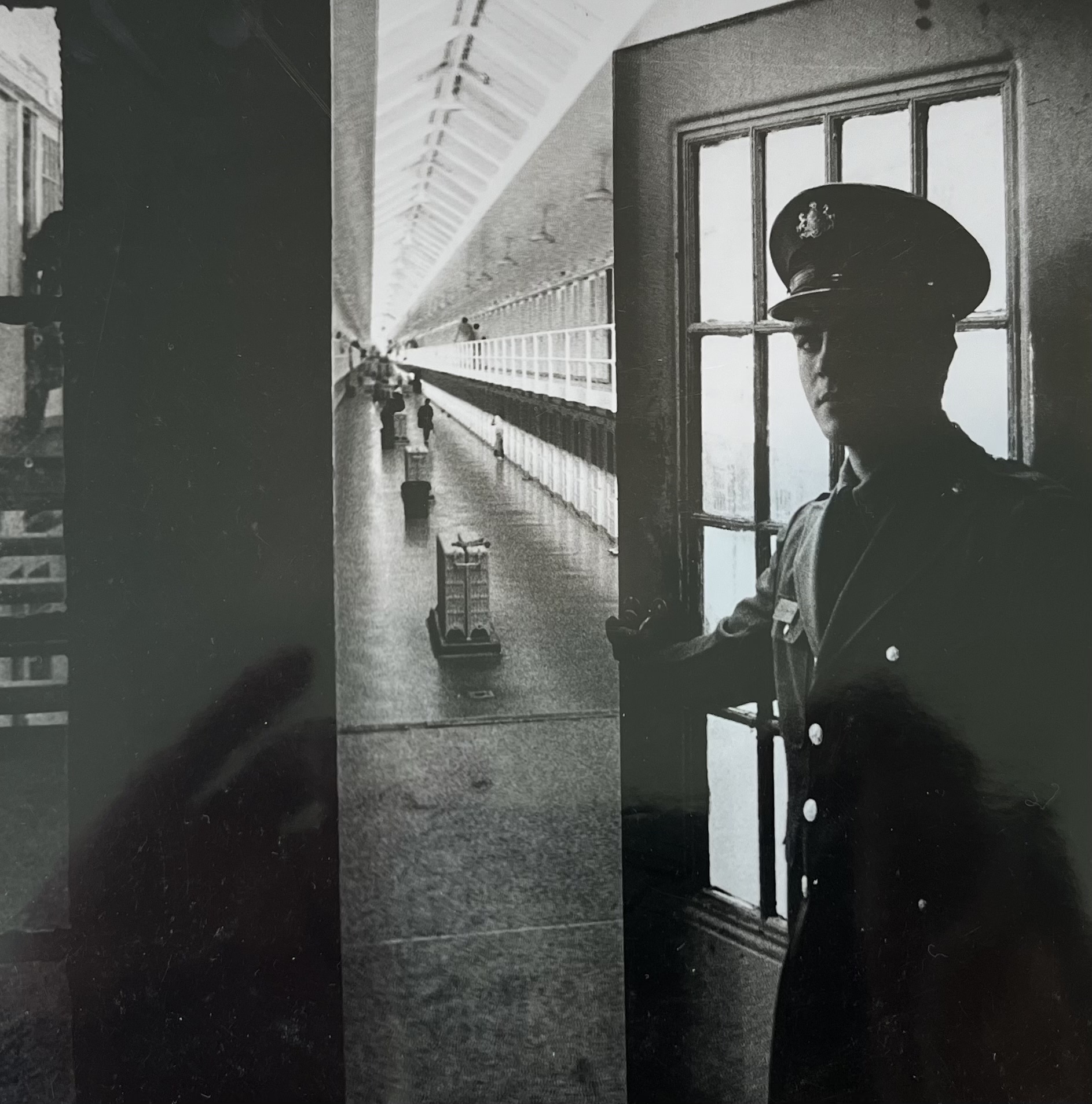In November of 2023, Haverford College received a three-year, $2.5 million grant from the Mellon Foundation to finance The Graterford Archive. The project, now well into its first year, aims to “share the history of creative leadership that emerged from the Pennsylvania State Correctional Institution [SCI] at Graterford.” The prison, located in Montgomery County, was opened in 1929. In 2018, Graterford was closed due to its aging infrastructure; those incarcerated at Graterford were transitioned to SCI-Phoenix, built on the property of Graterford.
The project will consist of three parts: a digital archive comprised of oral histories, a series of courses and workshops co-orchestrated by Haverford faculty and incarcerated partners, and a summer seminar that will teach documentation skills to young people in Philadelphia who have been affected by the carceral system. Ultimately, the Graterford Archive aims to inform the public of the community fostered within the prison as well as the larger implications of mass incarceration, which as former Director of Hurford Center for the Arts and Humanities’ (HCAH) Gustavus Stadler explains, is a “weight… that falls more heavily on black and brown communities.”
The Graterford Archive emerged as an extension of the Hurford Center for the Arts and Humanities’ (HCAH) Imagining Abolitionist Futures Initiative, a program that explored the use of arts and humanities in the dismantling of the carceral state during the ’22-’23 academic year. The initiative culminated in a two-day symposium in March 2023, to which the Mellon Foundation sent a representative. The representative encouraged key participants, including Stadler and Philadelphia-based artist Akeil Robertson to apply for a grant.
They discussed possibilities for a larger project, drawing on previous conversations during which Robertson, formerly incarcerated at Graterford, discussed with Stadler the idea of recording its history. Stadler explains, “I just learned about… the sort of uniqueness of Graterford as a community and as a space that generated a lot of incredible political and cultural activity, homegrown among the incarcerated men.”

This Graterford Archive will document the histories of individuals incarcerated at Graterford, but also of people affected by the Graterford Diaspora. A term coined by Robertson, the ‘Graterford Diaspora’ refers to the larger implications of incarceration: those affected include the family and friends of incarcerated individuals and prison staff members and administration.
The Graterford Archive will also feature three courses at Haverford in the 2025 Spring semester: Against Death: Opposing Capital Punishment in American Literature and Culture, Visual Studies: Prison Memory, and Cultural Identity and Peace, Justice, and Human Rights: Technical Citizenship. These classes will be taught by Haverford professors, but five collaborators incarcerated at Phoenix will contribute to the course material and workshops.
As Creative Director of the Graterford Archive, Robertson’s artistic expertise is integral to the visual and thematic realization of the project. Robertson began making art as a child; at seven or eight, he was even featured in the local newspaper for a collage he had helped create. When his mother signed him up for an art program, however, he became discouraged by the other children’s skills and abandoned his artistic pursuits.
Years later, Robertson was reacquainted with the creative process. While incarcerated, he encountered artists of varying mediums, including tattoo artists and painters. He realized that many of the men had only started creating art recently, often beginning their artistic pursuits in prison. Robertson reflects, “Art is a learned skill. That was revolutionary for me.” Fellow inmates gave Robertson materials, and he began to take art classes and participate in a Mural Arts Philadelphia program during his time at Graterford.
This display of community is exactly the activity that the Graterford Archive aims to preserve. Robertson says, “I want the legacy and memory of the work the men did at Graterford to be respected and learned from, and for us all to understand that humanity isn’t suspended when someone goes and commits a crime or is incarcerated.” He adds, “We crawled our way out of the grave, but why even dig it in the first place?”
